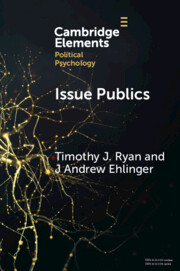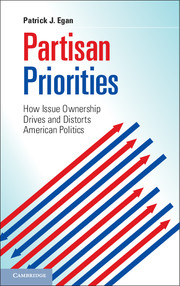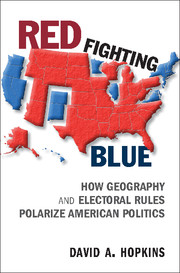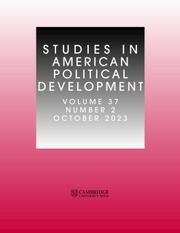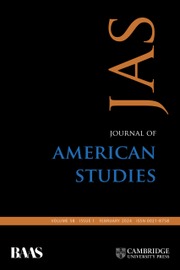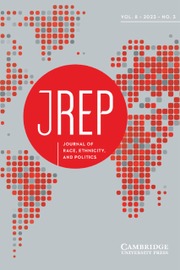Issue Publics
An often-forgotten passage of Philip Converse's classic essay on mass belief systems introduced the concept of an issue public – a segment of voters that has crystallized attitudes about a particular topic. Some people deeply care about particular topics, and they might be equipped to reach judgments on these topics. This simple idea could provide an important corrective to work that casts citizens' political competence in a negative light. But, previous attempts to evaluate the issue publics hypothesis have been unsatisfying. This Element proposes and tests a new measurement approach for identifying issue publics. The evidence gathered leads to the conclusion that issue publics exist, but are smaller and more particularistic than existing scholarship presumes them to be. As such, researchers underappreciate the significance of issue opinions in electoral politics.
Product details
May 2023Paperback
9781009242417
75 pages
230 × 154 × 5 mm
0.15kg
Available
Table of Contents
- 1. Eldon Gould's Particular Problem
- 2. A Hostile Landscape for Issue Voting
- 3. Issues of Measurement
- 4. A New Approach
- 5. Voting on Issues
- 6. The Hidden Significance of Issues
- Appendix A: Sample Characteristics
- Appendix B: Conjoint Attributes and Levels
- Appendix C: Vote Choice Models
- Appendix D: Procedure to Remove Fraudulent Responses from MTurk Study
- Appendix E: Full Conjoint Results.

